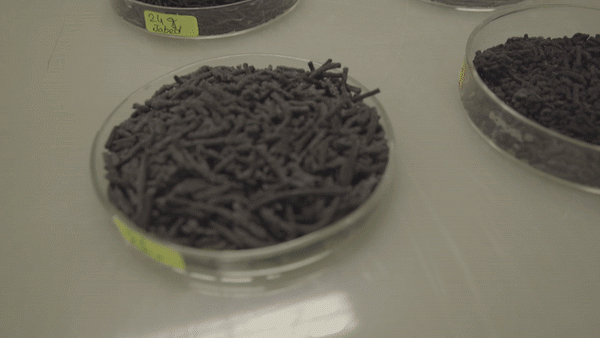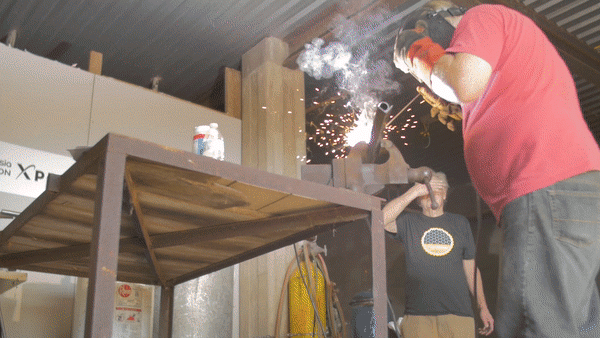Over the last few weeks we’ve talked about how the NRG COSIA Carbon XPRIZE semifinalists are working to create valuable products like plastics and building materials out of CO2 emissions. But what if we could replace fuels like gasoline and diesel, which are fossil fuel-powered, with a CO2-derived substitute?
These three teams are doing just that by converting CO2 emissions into fuels that will be able to power our world in a sustainable way. But in order to compete with fuels already on the market, these teams have to make sure that their alternative fuels will be economically viable as well.
Our only semifinalist team based out of India, Breathe is working to efficiently and cost-effectively convert CO2 that is emitted from coal-fired power stations into methanol. Their team, made up of scientists, students, engineers, and entrepreneurs, operates under the mission to “turn artificial photosynthesis into an economic reality.”
With that in mind, Breathe is designing catalytic materials with a combination of first-principles theory, informatics analysis, and experimental synthesis, focusing on materials produced from the scalable and efficient conversion of CO2.

In a similar vein, Hago Energetics is a three-person operation based out of Ventura, California, that is using a low-temperature thermochemical conversion to react CO2 from power plant emissions with carbon from trees in order to make synthesis gas. This synthesis gas can then be converted to liquid fuels for transportation use.

“The basis of our technology is to integrate carbon from biological sources with carbon from fossil fuel sources,” said Wilson Hago, the founder of Hago Energetics. Hago believes that a carbon-negative solution like the one their team has created will reverse the amount of CO2 in our atmosphere, and eventually lead us to a point which we can sustain for centuries to come.
Finally, the last semifinalist working with fuels is CO2 Solutions, based out of Quebec City. CO2 Solutions has created a technology that captures CO2from large stationary emissions sources—such as power and steam generation plants, oil production and refining operations, and cement plants—and produces a highly pure stream of CO2 that can be beneficially reused or geologically sequestered.

The company claims that their technology is the lowest-cost carbon capture process in the world, and has partnered with Pioneer Energy of Denver, Colorado to turn their captured CO2 into fuels.
The innovations of these semifinalist teams are proving to everyone that it is possible to reduce CO2 emissions without damaging the global economy in the process. These companies are truly the leaders of the new carbon economy.
